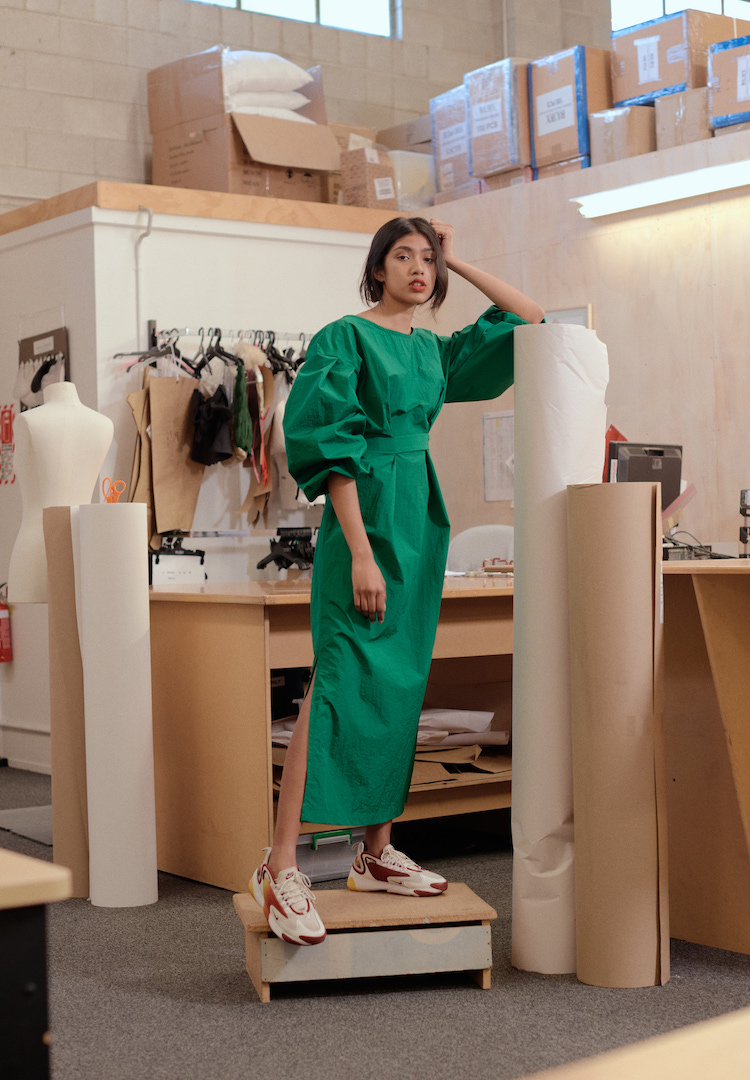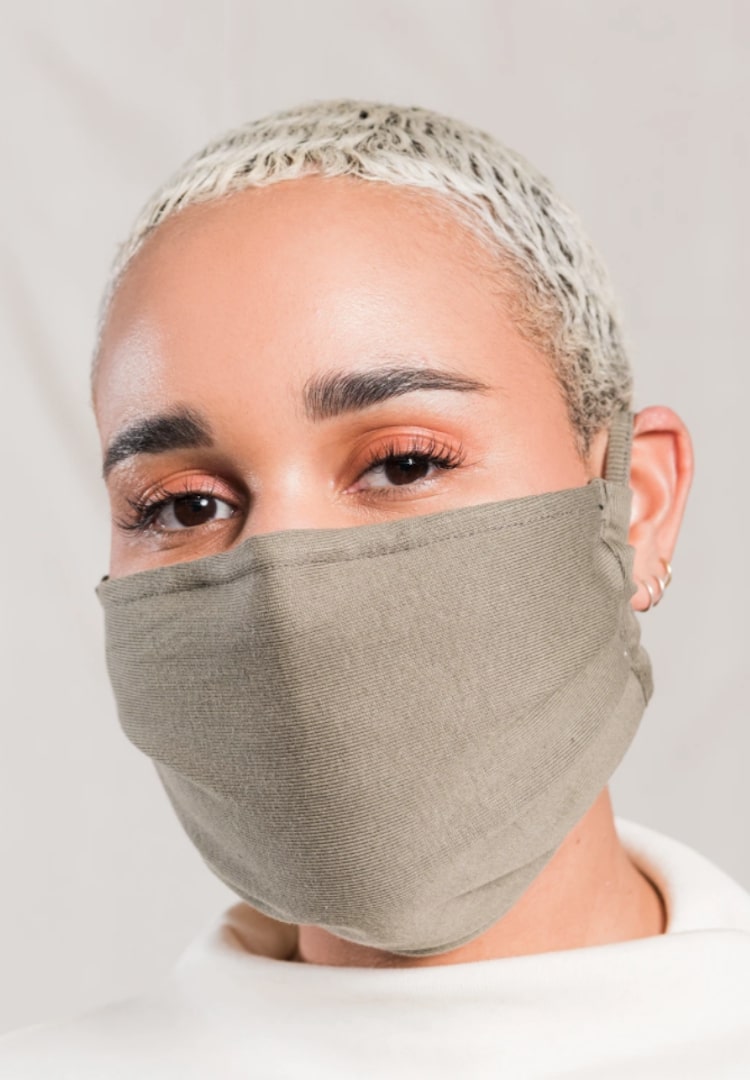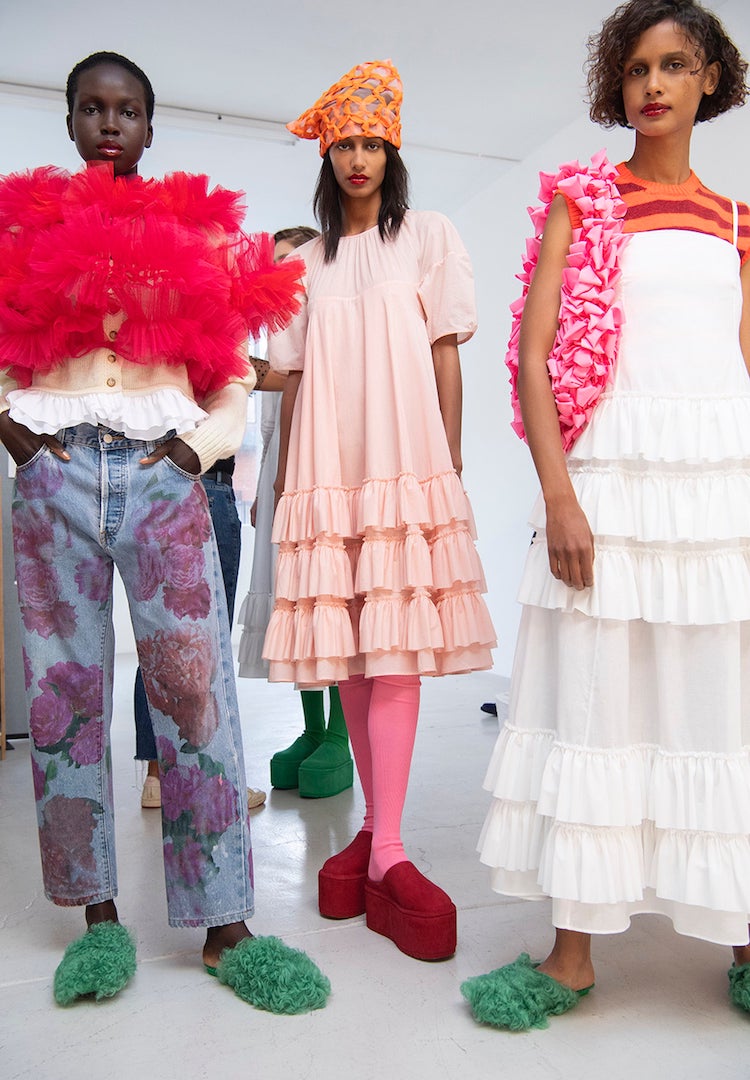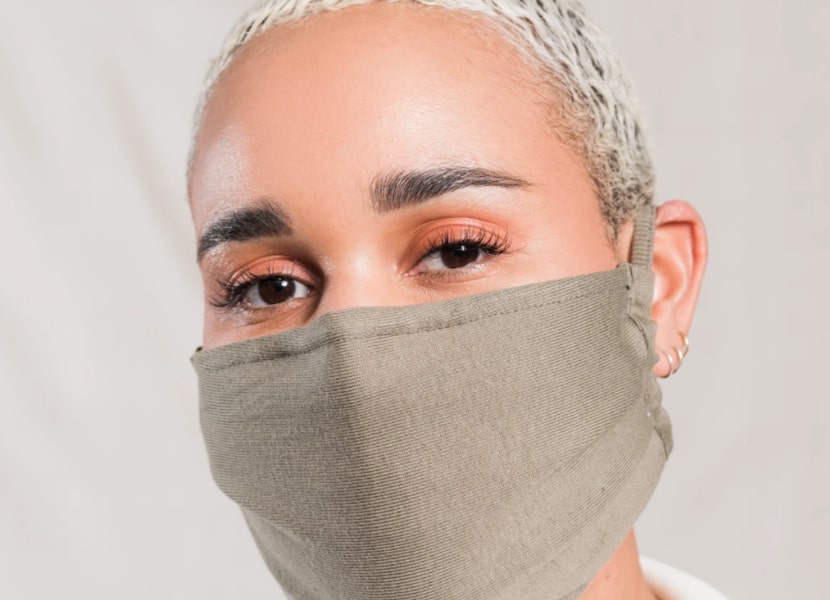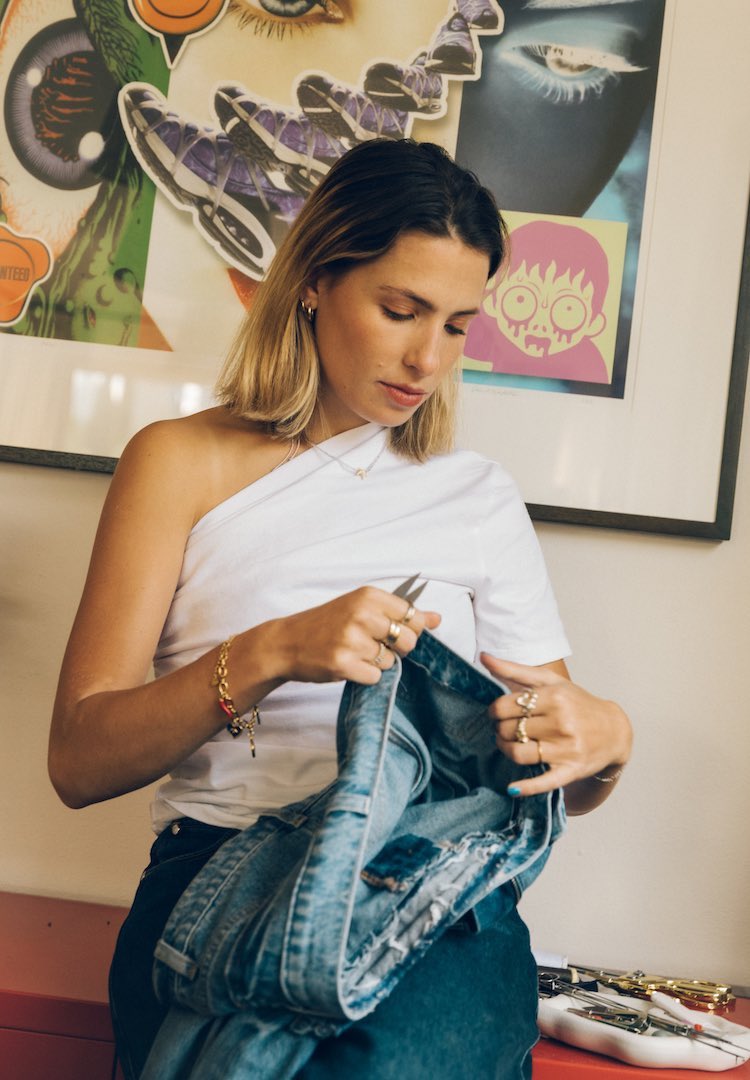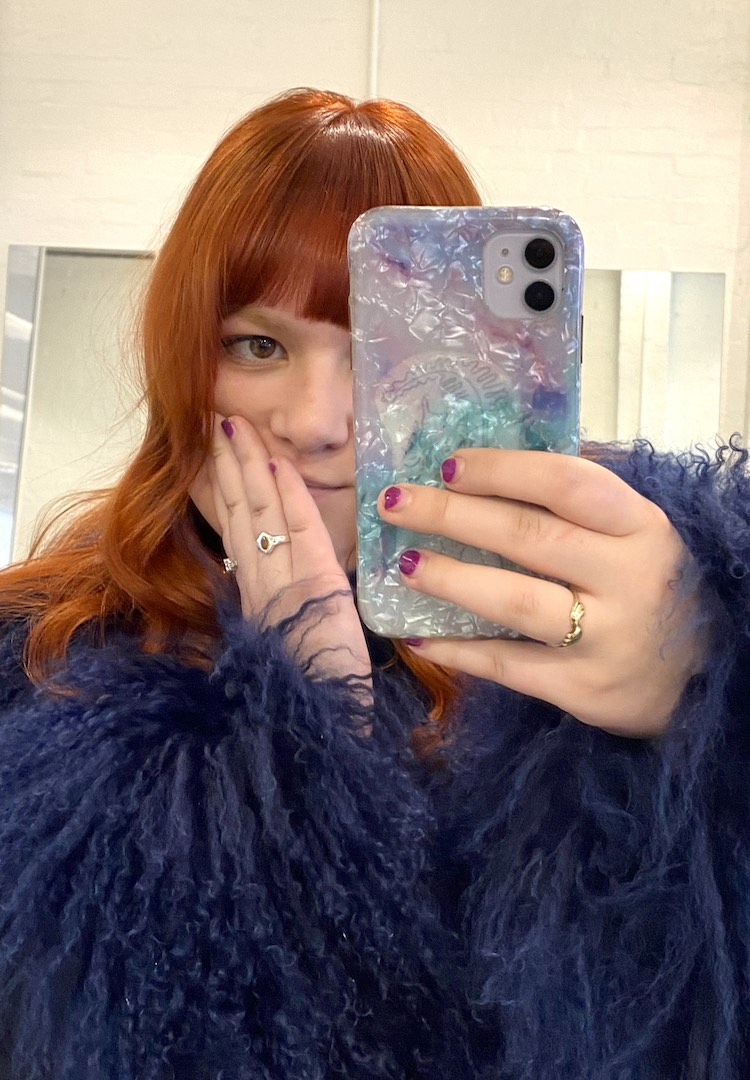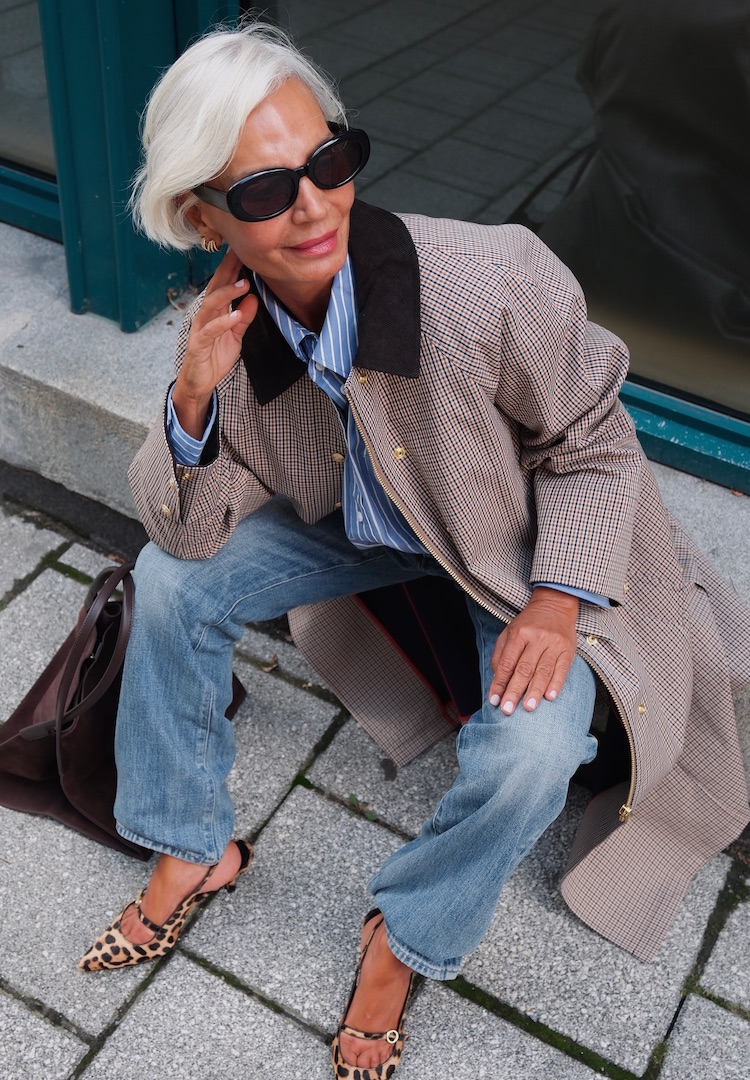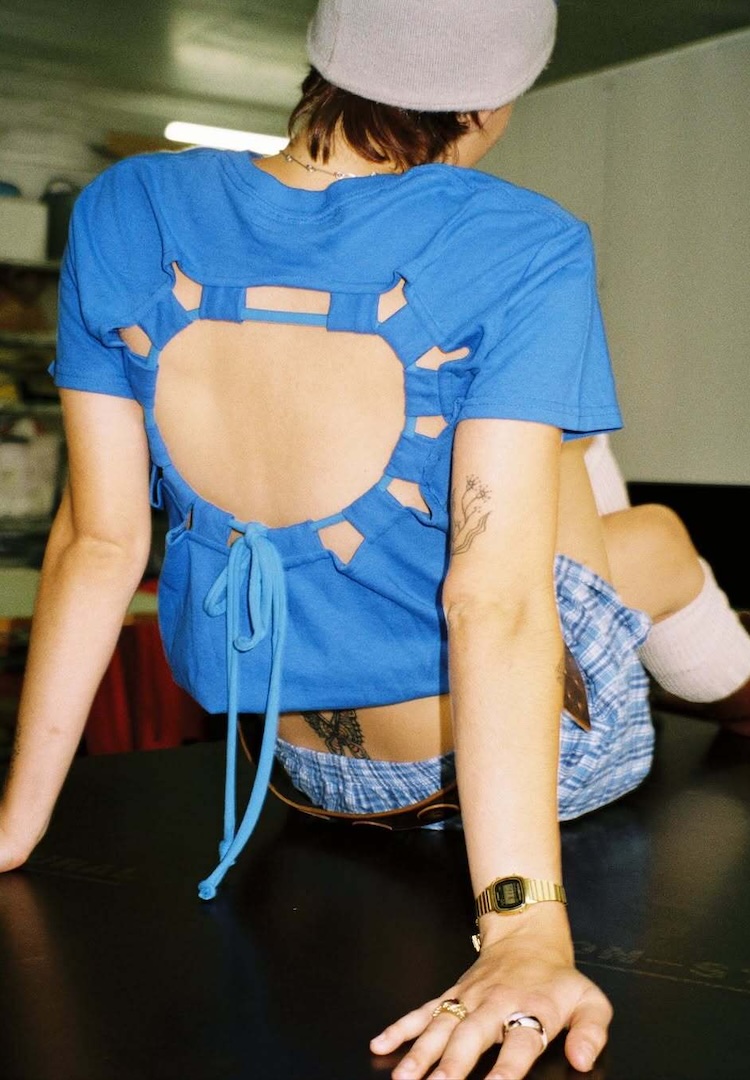What brands kept fashion sustainable and safe in the clusterfuck year of 2020?
IMAGE VIA A.BCH
WORDS BY GENEVIEVE PHELAN
Who’s protecting fashion’s most vulnerable in a year like no other?
Read our rundown of the 2018 and 2019 Baptist World Aid Ethical Fashion Reports here and here.
Leading international aid and development organisation Baptist World Aid Australia (BWWA) has released a special edition of its annual Ethical Fashion Report for 2020, which is fitting for a year where things have been done differently.
There’s no denying this lap around the sun has been sheer carnage. But how did Australia’s leading names in fashion go in the ethical stakes in a year of torrential turmoil?
This year’s remixed report astutely judges fashion favourites (and not-so favourites) in a COVID-19 context. How? They’ve ditched last year’s brand grading system and established six main criteria benchmarks that monitor how fashion stalwarts support the most endangered workers in their supply chains. Think pattern makers, seamstresses and other garment gurus.
2020 has highlighted the structural nature of the prolific challenges faced by workers in the global fashion industry. As such, brands were judged specifically on the onus they placed on these six considerations: supporting workers’ wages by honouring supplier commitments, identifying and supporting the workers at greatest risk, listening to the voices and experiences of workers, ensuring workers’ rights and safety are respected, collaborating with others to protect vulnerable workers and rebuilding better for workers and the world.
Even with so much clusterfuckery going on, it’s in adversity that we often see the absolute best of humanity shine through, and there has been evidence of this in the fashion industry this year. On the flip side of the COVID coin, certain labels sacrificed philanthropy mid-crisis and turned a blind eye to some of their more vulnerable workers.
So who’s considered the socially-conscious crème de la crème?
The top Australian scorers in 2020 include Country Road, Glassons, Retail Apparel Group (Tarocash, yd., Connor), The Iconic and Kathmandu. They sit alongside a number of international brands such as Patagonia and UNIQLO.
Brands that provided little-to-no evidence of covering COVID-specific actions include Seed Heritage, Sportsgirl, R.M. Williams, Peter Alexander, Showpo and Nasty Gal, to name a few.
This year’s report revealed that more than 70 per cent of companies assessed could demonstrate that they had taken at least some deliberate positive actions to support vulnerable garment workers through the global pandemic.
But this year’s findings show that greater action must be taken to protect those working where it matters – that is, at the seam.
No companies were able to provide evidence of covering all commitments across their entire supply chains and 59 per cent of brands were unable to provide evidence for multiple criteria areas. Disappointingly, only 14 per cent of companies have projects in place to improve wages in the majority of their factories.
According to the report, the early months of 2020 saw 50 million garment workers around the world lose wages, totalling to $8.20 billion AUD, as the economic impacts of COVID-19 caused Australian retail foot traffic to fall by 71 per cent.
More than half of the garment manufacturers in Bangladesh reported in March that the majority of their in-progress or completed production had been cancelled by major fashion brands. By May, over 30 per cent of Bangladeshi garment workers reported their children had gone hungry.
BWAA CEO John Hickey said that while this year has undoubtedly been incredibly difficult for the fashion sector, brands need to consider and care for their workers first and foremost.
“Fashion companies have been literally fighting for survival in 2020. But the wellbeing of the workers who produce the garments they sell must still be considered a core priority. Survival is critical, but it should not be achieved on the backs of their most vulnerable workers,” he said.
Research commissioned by BWAA prior to the COVID outbreak found that more than 80 per cent of Australian consumers believe fashion companies have an ethical responsibility for the workers in their supply chains.
In line with this finding, the Director of Advocacy at BWAA, Peter Keegan, reminded Australians of the purchasing power they hold. “It’s important that Australian consumers know the choices they make in-store or online have the power to pass on opportunity and dignity to workers, and sustainability to our world,” he urged.
He also reminded us that these issues are still omnipresent, and all that glitters (when it comes to a brand’s ethos on social media or otherwise) is not gold.
“Embedding a vision and practice in the fashion world that treats all workers – regardless of where they work in the supply chain – with dignity and respect, is critical. It is key not only to the immediate COVID-19 response but also to the development of an industry made up of companies that are both good businesses and businesses that are good,” he said.
If you want to get down to the nitty-gritty, the report is ready for your discerning eyes here.

